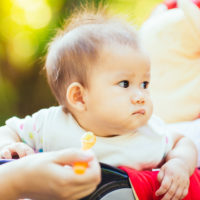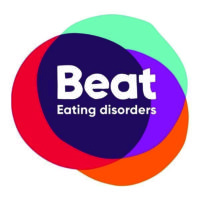CAMHS
-

In Conversation… Fussy Eating
Many parents naturally worry whether their child is getting enough food if they refuse to eat sometimes. It would appear to be normal for young children to refuse to eat or even taste new foods but what is the science and evidence behind this? Are there interventions that parents can take?
Read more -

Body Dysmorphic Disorder
Body Dysmorphic Disorder is a common, yet typically under-recognised and challenging to treat condition. This talk gives a whistle-stop tour of what BDD is, highlighting the common issues clinicians face when assessing and treating BDD and how to overcome these. We will draw on clinical experience and the evidence-base to help increase knowledge and confidence […]
- Event type
- Twilight Meeting
- Location
- London
-

Understanding and working with Tourette Syndrome
In order to view this content, you need to be an ACAMH member. Membership starts from just 11p a day. We hope you consider joining and being part of the advancement of child and adolescent mental health.Read moreCurrent members will need to be registered as a website user and log in, our guide to this simple process can be accessed here.
-

Persistent picky eating predicts pervasive developmental disorders in children
Picky eating — characterized by food refusal, unwillingness to try new foods or eating a limited variety of foods — affects 14-50% preschool children and is often considered by clinicians as a normal phase of child development.
Read more -

How does my lived experience inform my nursing practice?
“Being a CAMHS nurse allows me to be creative and to try to incorporate the most memorable care I received into my practice.”
Read more -

Infants of mothers with eating disorders show neurobehavioural and cognitive defects
Eating disorders can have serious adverse clinical, social and psychological outcomes in affected patients, but whether maternal eating disorders are associated with negative outcomes in newborns is unknown.
Read more -

Beat – helping those affected by eating disorder
Beat is the UK’s eating disorder charity, and is a champion, guide and friend to all affected by these serious mental illnesses.
Read more -

Understanding eating disorder susceptibility requires an integrated sociological, biological and genetic approach
In 2015, Kristen Culbert, Sarah Racine and Kelly Klump compiled a Research Review on the underlying causes of eating disorders for the Journal of Child Psychology and Psychiatry.
Read more -

Expressed emotion varies with eating disorder diagnosis
Unique patterns of expressed emotion characterize communication within families with children affected by eating disorders, according to new research. Researchers across the USA recruited 215 adolescents (aged 12-19 years) with eating disorders and their families, and asked them to complete the Standardized Clinical Family Interview.
Read more -

The Olympics’ loss is psychology’s gain
Discover what was Professor Gordon Harold’s somewhat unlikely start in psychology.
Read more